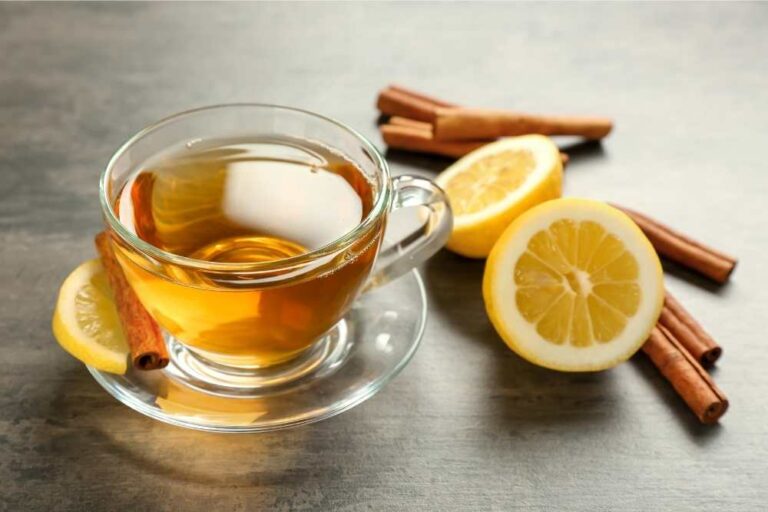What is Difference Between Fresh And Whole Foods?
Fresh foods are fruits and vegetables that are still in their natural state, with an average shelf life of about three months. Whole foods, on the other hand, have not been processed. They have not been chopped up, peeled, or sliced. Whereas processed foods may seem easier to eat, whole foods actually work better for your body. In this blog, we will see the importance of fresh and whole foods and What Is The Difference Between Fresh And Whole foods?
What are Fresh and Whole Foods?
When it comes to eating healthy, one of the most important things to keep in mind what is the difference between fresh and whole foods? Fresh foods are those that have been recently harvested and haven’t been processed, while whole foods are those that have been minimally processed and include all of the nutrients of the original food.
We all know that fresh and whole foods are better than processed foods. Fresh foods are defined as foods that have not been frozen or canned, while whole foods are foods that have not been refined or processed in any way. Fresh foods are still in their natural condition, whereas whole foods may have had minimum processing (such as being ground into flour).
Importance of Fresh and Whole Foods:
There are many benefits to eating fresh and whole foods, including an improved digestion system, increased intake of vitamins and minerals, and improved weight management. Fresh foods are also generally more affordable than processed foods, and they taste better too.
If you’re looking to improve your diet, focus on incorporating more fresh and whole foods into your meals. Start by swapping out processed snacks for fresh fruits or vegetables, and choose whole-grain bread over white bread.
What Is The Difference Between Fresh And Whole foods?
The main difference between fresh and whole foods is that fresh foods have never been frozen or canned. They’re plucked when they’re fully ripe and sold right away. Whole foods, on the other hand, can be frozen or canned. While this doesn’t make them any less nutritious, it does affect their taste and texture.
Frozen or canned fruits and vegetables are a best option when fresh produce is out of season or too expensive. They can also be a convenient way to add more fruits and vegetables to your diet. Just be sure to check the labels carefully. Some brands add salt, sugar, or other ingredients that you might not want to consume.
Why is it important to eat a diet with fresh and whole foods?
So why is it important to eat fresh and whole foods? The primary reason for this is because these foods retain more nutrients than processed foods. Many vitamins, minerals, and other nutrients are lost when food is processed. This indicates that processed foods don’t provide the same amount of nutrients as fresh or whole foods. If you’re looking to improve your diet, make sure to incorporate plenty of fresh and whole foods into your meals and snacks.
A diet of fresh and whole foods is important for many reasons. First, fresh and whole foods are generally much healthier for you than processed or junk foods. They’re packed with nutrients that your body needs, and they don’t contain all the unhealthy additives that can be found in processed foods.
Second, fresh and whole foods tend to be more filling than processed foods. This is because they contain more fiber, which helps to keep you feeling full longer. Fiber is an important nutrient that many people don’t get enough of, so eating a diet with fresh and whole foods can help you make sure you’re getting enough.
Finally, fresh and whole foods taste better! When you eat a diet of mostly processed foods, you miss out on the delicious flavors and textures that fresh and whole foods have to offer. Eating a diet with plenty of fresh and whole foods is a great way to make sure you’re getting the most out of your food.
Fruits and Vegetables: what would still be considered a “whole food”?
If you’re like most people, you probably think of fruits and vegetables as whole foods. After all, they’re unprocessed and contain no added ingredients. But not all fruits and vegetables are created equal.
Some fruits and vegetables are fresher than others. And while fresh produce is always a great option, it’s not the only kind of whole food out there. Whole foods can also include frozen or canned fruits and vegetables.
Why should you give up Processed Foods to eat more fresh or whole foods?
There are many compelling reasons to give up processed foods instead of fresh or whole foods. Perhaps the most significant one is that processed foods are generally unhealthy. They’re often high in sugar, salt, unhealthy fats, and calories and low in important nutrients like fiber, vitamins, and minerals.
Processed foods also tend to be very addictive. That’s because they’re designed to be as pleasurable as possible, which means they activate the brain’s reward system. It can lead to overeating and weight gain.
Another downside of processed foods is that they’re often packaged with harmful chemicals. These chemicals can disrupt the body’s hormone levels and lead to other health problems.
So, if you’re looking to improve your health, cutting out processed foods is a great place to start. You may be surprised at how much better you feel once you switch to fresh or whole foods!
Eliminate sugar from your diet:
If you’re trying to eat healthier, one of the first things you should cut out sugar. That includes hidden sugars in so-called “healthy” foods like fruit juices, sports drinks, and even so-called whole foods.
Whole foods are supposed to be good for you, but many of them are loaded with sugar. For example, a cup of raisins has almost 30 grams of sugar. A single banana has about 14 grams of sugar. And a single date has almost 20 grams of sugar.
Cutting out sugar will help you lose weight, feel more energetic, and improve overall health. So next time you’re at the grocery store, check the labels on the “healthy” foods you’re buying. You might be surprised at how much sugar they contain.
Conclusion: what is the difference between fresh and whole foods?
While both fresh and whole foods are healthy choices, there are some key differences. Fresh foods are typically perishable and have a shorter shelf life, while whole foods are more nutrient-dense and have a longer shelf life. When choosing between fresh and whole foods, it’s important to consider your individual needs and preferences. If you’re looking for something that will last longer or is more nutrient-dense, the option for whole foods. However, go for fresh foods if you’re looking for something fresher or has a shorter shelf life.






